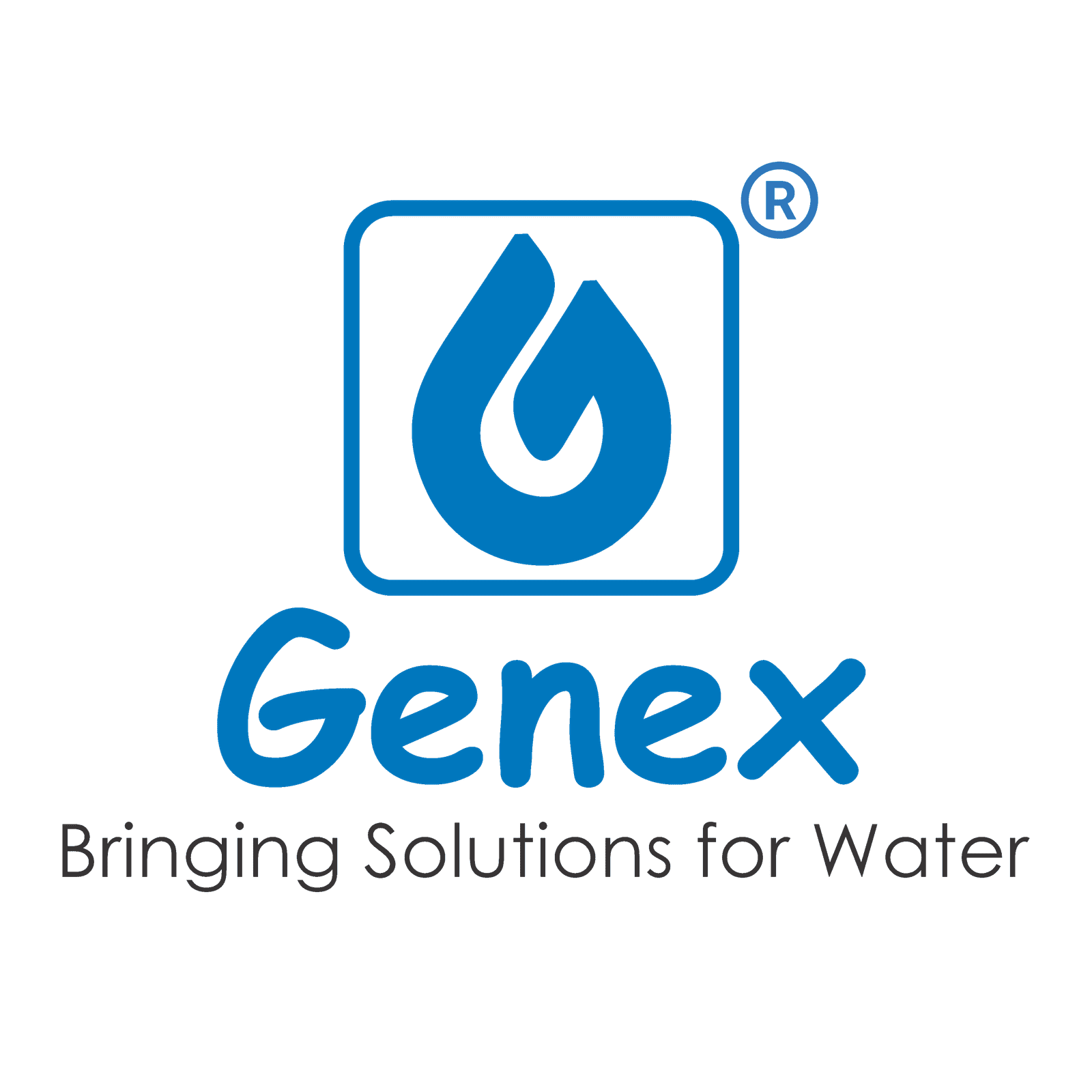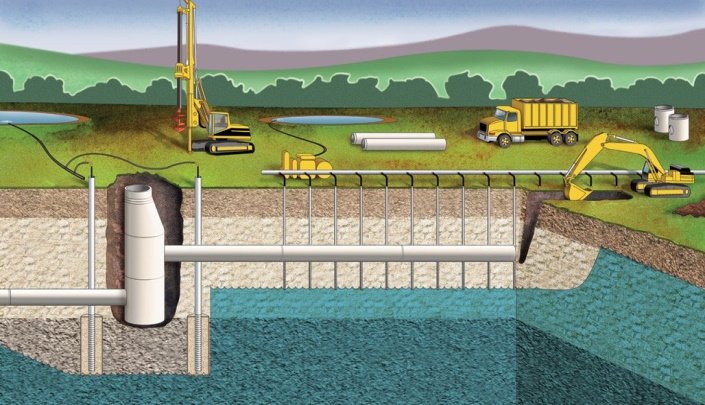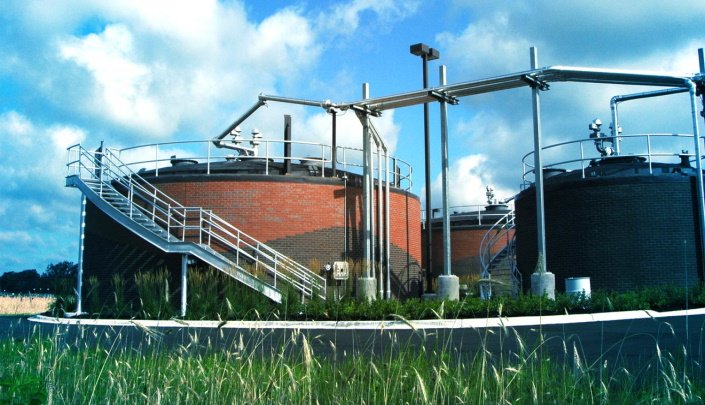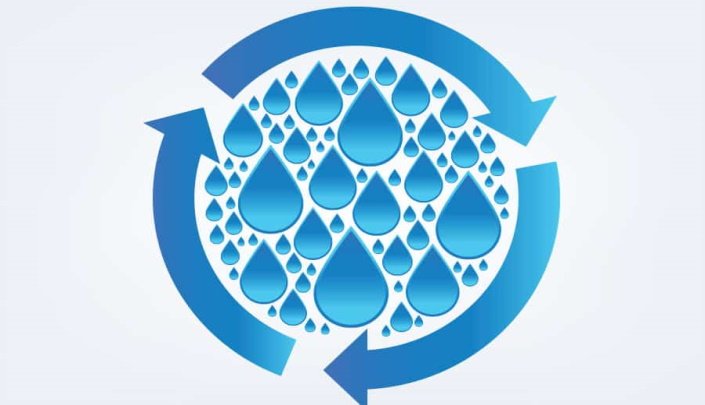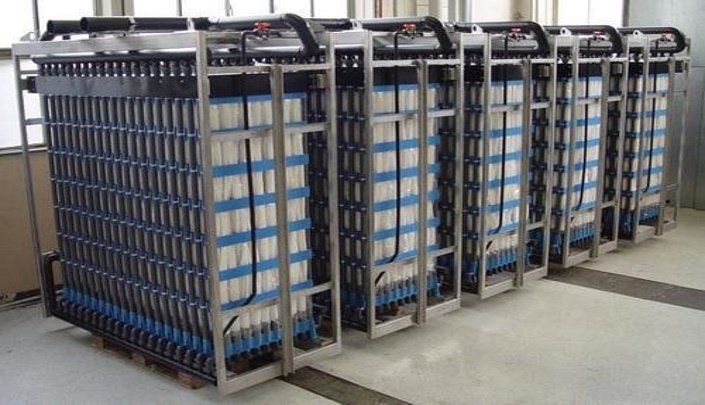

Traditional systems are generally regarded as process that adopt gravity separation or elucidation as a means of producing the subordinate treatment standard. Such procedure would In general be divided into two categories, Activated Sludge Systems (ASP) or Sequential Batch Reactors (SBR).
The environmental regulations linked with the release of cleaned waste waters paired with the rigid grades you demand for water re-utilization demands your sewage plant to function at a level not easily met by traditional methods due to its dependence on gravity settlement followed by sand filtration, both process elements known for their weakness and inaccuracy.
MBR conquer these functioning problems and at the same time produces discharge standards not obtainable by traditional methods. Below are a number of practical benefits of the MBR Process:-
Smaller footmark
Huge clarifiers are no longer required. A smaller often rectangular shaped tank housing the membrane modules replaces the clarifier whose size is governed by the flow and functioning mixed liquor level of the aeration tank.
The MBR system does not require the activated sludge flock to be formed in the bioreactor needed for elimination by settlement and therefore the concentration of bacteria in the bioreactor, called the “biomass” can function at very high levels of MLSS (mixed Liquor Suspended Solids), generally in the order of 12,000- 18,000 mg/l, and as high as 22,000 mg/l.
Therefore compared with a traditional system which has to operate at circa 3,500-5,000 mg/l its physical size is comparably smaller, i.e. the volume of the bioreactor will be one third of the functioning volume.
Adaptability, our bioreactors are sized to operate at a MLSS of 10,000mg/l, and so having the potential to operate them persistently at 15,000-18,000mg/I means that correspondingly rises in COD/BOD loads can be made under control and cleaned, i.e. circa 50% spare treatment capacity for when seasonal differences occur in crop and production.
Outflow Quality
Enhanced effluent quality because the biomass, including trapped and combined inorganic and organic micro-contaminants, pathogens, viruses and macromolecules are completely retained in the biological system and are subjected to a longer treatment time, this advantage may be necessary in view of the more rigid effluent quality charged by EU regulations taking effect in the near future.
This merit of an enhanced effluent standard is even more obvious for cleaned wastewaters being reused in food related processes.
Lower Sludge Distribution expenses
Operating the bioreactor at this high level of absorption creates a long sludge age, which largely reduces the quantity of sludge wasted out of the system which has to be removed from site.
Ultra filtration means NO Sand filter
The Steropore Hollow Fibre Membrane used by Genex Utility has an absorptive characteristic of 0.4µ which being smaller than the bacterial flock size and produces an sewage of zero solids, this cannot be combined by a traditional settlement tank even when chased by sand filtration which will typically capture solids in excess of 30-50µ to give 15mg/l.
The combination of leaving out sand filters from the system, and having a zero solids in the cleaned effluent has many process and operational advantages, firstly the total treatment volumes are reduced as no sand filter backwash waters will be produced, secondly the life expectancy of the activated carbon will be much higher as the solids passed by sand filters will present an organic load which will be rejected by the activated carbon thus reducing its life expectancy.
Zero solids means UV disinfection will not be required as UV is designed to kill particulate microbial elements.
Facilitating Operation
Because the final effluent quality is obtained by mechanical filtration, monitored by membrane pressures and managed by a PLC there is no need for carrying out Sludge Volume Index tests, that would have to be done regularly for traditional systems.
